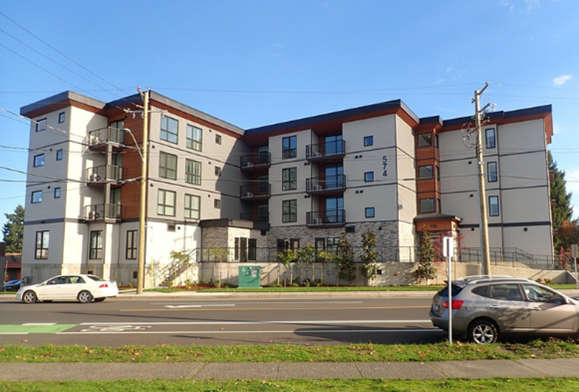
A new study released by the University of British Columbia found that southern resident killer whales did not have enough to eat in recent years, which correlates to higher mortality and lower fertility rates.
A new study released by the University of British Columbia found that southern resident killer whales did not have enough to eat in recent years, which correlates to higher mortality and lower fertility rates.
The study tracked the critically endangered whales over the past 40 years, and found that they did not get enough to eat in six of those 40 years – three of which occurred in the most recent years of the study, from 2018 to 2020.
On average, adult killer whales were about 28,000 calories short in their diet in the six years that deficits were recorded, or about 17 per cent of their average daily energy requirements, according to the study.
The southern residents feed mostly on Chinook salmon, and when Chinook salmon populations declined, the orcas were affected, the study found.
Commercial fishing also plays a role, though researchers say Chinook salmon harvesting was reduced in Canada in the late 1990s, and that salmon declines have continued over the past two decades.
Researchers found that when Chinook salmon populations were particularly low, southern resident killer whales would feed on other types of salmon, such as chum. However, their energy deficits would still occur.
Study co-authors say more restrictions on Chinook salmon fishing may still be required to protect both the fish and the orcas, as well as further research into underwater noise pollution.


 Park-And-Fly Options Urged As Holiday Travel Picks Up
Park-And-Fly Options Urged As Holiday Travel Picks Up
 19 Wing Comox To Attain New Apartment Building For CAF Housing
19 Wing Comox To Attain New Apartment Building For CAF Housing
 New Modular Units Expand Homewood Supportive Housing In Campbell River
New Modular Units Expand Homewood Supportive Housing In Campbell River
 Speculation And Vacancy Tax Bringing More Homes To Market
Speculation And Vacancy Tax Bringing More Homes To Market
 Campbell River Shoebox Project Wraps Up Holiday Campaign
Campbell River Shoebox Project Wraps Up Holiday Campaign
